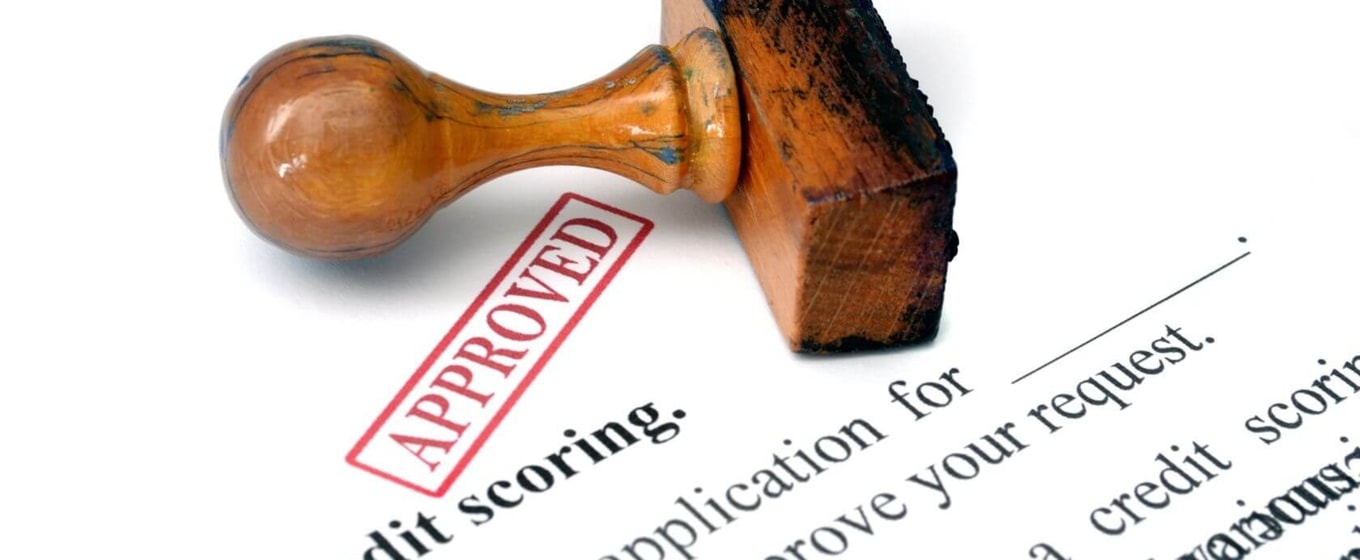Your credit rating is the basis of a lender's assessment of your application, so it's important to keep it healthy. But how do you go about this? Here we answer 2 common questions:
What is a business credit rating?
A credit rating is a score calculated by a credit reference agency such as Experian, Equifax or Trans Union, to name but a few. This score is calculated after a review of numerous factors including:
- Your history with lenders, from loan repayment to your mortgage and credit cards
- Your assets and liabilities
- Industry performance
- Any County Court Judgments (“CCJs”) that have been awarded against you
- Any notice of insolvency proceedings.
These searches, depending on a lender's requirements, can be quite brief or very detailed, and they form the basis of the company credit score, but the score is not limited to these searches only.
How is your credit rating used?
Lenders use a credit rating differently depending on their internal policy. However these scores are commonly used to assess the risk of lending to you. They allow the provider to gain an insight into your previous account management, by gaining a higher score the better chance of receiving funding for a business loan.
Whilst you may feel this is invasive, it really isn’t. All a lender sees is the relevant business credit file data - this is simply your financial history and not your life story. For example, they will be able to see the number of bank accounts you have, but not what you earn or the name of your pet goldfish.
These ratings alert the lender to your past credit history and flag any concerns that may affect your ability to pay. It is all about assessing risk on behalf of the lender, providing an understanding of the type of person you are when it comes to repayment. This is why it is vital to look at your credit report regularly.
How do I build my limited company credit score?
Building your business credit score positively is a long process. The easiest advice we can give you is to ensure you’re paying your bills on time. It's easier said than done, but this will have the biggest impact on improving your score. Spending time to check your company credit ratings regularly will also help you understand how payments affect your business.
What is a good score for a small business?
It's always good to know what to aim for if you need to improve your credit score for your business. Your credit report will have a score ranging from 0 to 100. If your score is 80 or higher, you qualify as a low-risk borrower and lenders are willing to give you business funding. This all depends on whether you meet their other criteria.
A score of 40 to 80 on your business bank account will put you in the medium-risk category. Making improvements to your company credit report will work in your favour when applying for a business loan. You still may be accepted with this score, but lenders will most likely need supportive evidence from your suppliers to get a full understanding of your financial position.
If your score is 40 or below, it will have a massive negative impact on your ability to receive a business loan. Unfortunately, many lenders will not accept you. To find out how to improve your credit rating, read our next article on the topic.






These cookies are set by a range of social media services that we have added to the site to enable you to share our content with your friends and networks. They are capable of tracking your browser across other sites and building up a profile of your interests. This may impact the content and messages you see on other websites you visit.
If you do not allow these cookies you may not be able to use or see these sharing tools.